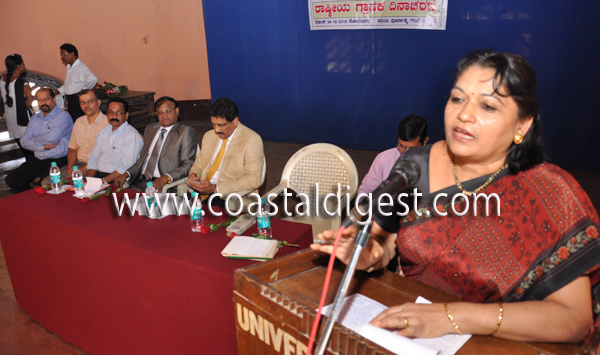
Mangalore, December 24: Concerns were raised on the level of awareness among the masses on Consumer Rights, during the 'National Consumer Day' observed jointly by Dakshina Kannada district administration, Department of Food, Civil Supplies and Consumer Affairs (FCSCA), D K District Federation of Consumer Organizations, D K district National Service Scheme (NSS) and Consumer Club of Mangalore University College at Ravindra Kala Bhavan here on Monday.
Speaking on the occasion, President of D K District Federation of Consumer Organisations M J Salian said that the awareness level of consumer rights among people was incredibly poor and hence there was need for dissemination of information on the same among the masses.
“The Consumer Protection Act passed in 1986 makes it mandatory for every district to have a Consumer Redressal Forum to address the problems of consumers along with focusing on the illiterate rural masses. Although each district had to have a minimum of one Consumer Information Centre, there are just four in the entire state at present, he said, requesting Deputy Commissioner N Prakash to start the Consumer Protection Council in the district as early as possible.
He said that the National Consumer Day was an occasion to assert consumer rights. “The Consumer Protection Act is a powerful law and tool given to you. At present there are 56 consumer clubs in the district run by educational institutions, which help in spreading awareness on the rights of consumers,” he said.
Mangalore University NSS Convenor Dr Gananath Yekkar said that the belief in consumers that consumer forums will resolve their grievances is a wrong notion. “Our problems should be addressed by ourselves. Today's youth must be aware of their consumer rights. Only when we are aware of our rights we can become effective as consumers. Consumer protection has been made more powerful by the Right to Information Act,” he said.
Delivering the inaugural address, Mangalore University College principal-in-charge Prof Parvati Appayya said that students had to be aware of their rights as consumers. Consumer rights have been recognised in wake of the exploitation of consumers by capitalists, she said.
In his presidential address, DK Deputy Commissioner N Prakash said that despite Dakshina Kannada being a land of intellectuals, the Consumer Protection Act has not been put to its best use even here.
“There is a lot of scope for the Act, which must reach the rural masses in the district. Over 6000 consumer rights cases have been disposed of since the inception of the Consumer Redressal Forum, with around 2000 cases resolved every year. However, we must realize that there is still scope for improvement. The forum exists only to prevent deception and fraud, and there should be good relations between the consumers and suppliers,” he said.
DK district FCSCA Deputy Director Sharanabasappa introduced the dignitaries and welcomed the gathering.
Problems faced by CIC in Mangalore
Pointing out that there were only five Consumer Information Centres (CIC) in the entire state, Mr Salian told reporters on the sidelines of the programme that Dakshina Kannada was lucky to have one, which had been established after an “epic fight of four years”.
He said that dissemination of knowledge about consumer rights should go through Gram Panchayats, Taluk Panchayats and at district and state levels. Certificate diploma courses on consumer rights had been started in Suratkal Govinda Das College, Canara College, St Philomena's, Puttur and Kavoor Government College, where students are given practical experience as well. Although there is a demand for these certificate courses in other colleges, there are no sufficient resources to conduct additional courses. The centre has lack of funds and people with knowledge, he lamented.
Speaking on the problems faced by the District Consumer Information Centre in Mangalore, he said that from the central government's Consumer Welfare Fund, an amount of Rs 5 lakhs have to be released in the first installment itself. However, only Rs 2.5 lakhs were handed over in the past three years. Although it is a centre for the whole district, it has been pushed to a single room in the Taluk Panchayat premises. There is also the necessity of a laboratory for testing, under the consumer centre. The government should take cognizance of the need and provide the centre with accommodation and required money for a testing lab, he said.
The Services Cell of the CIC disposes between 50-60 cases in a month, out of which around 15 are regarding mobile phones. Apart from Mangalore, the districts of Udupi, Shimoga, Davangere and Bangalore have a consumer information centre, he said.
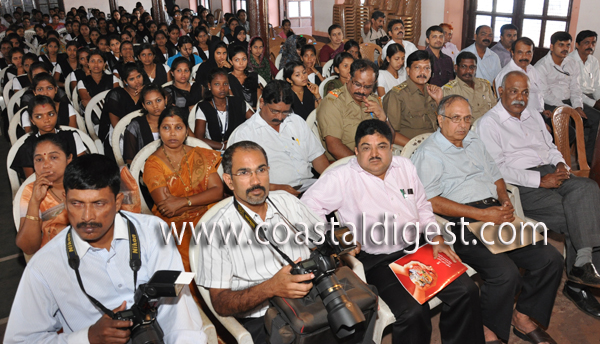
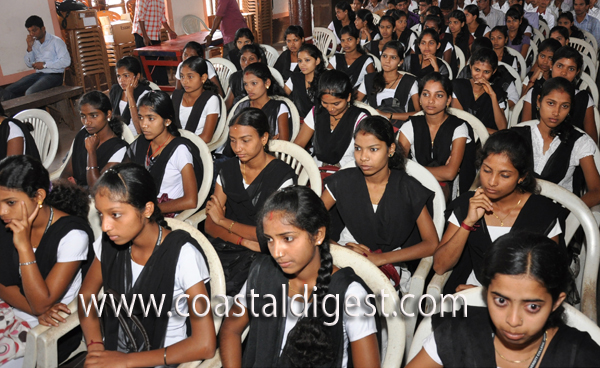
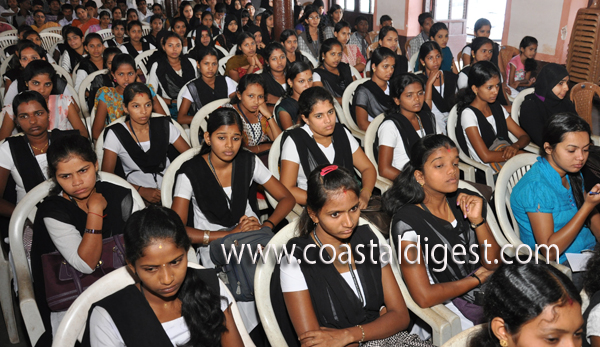
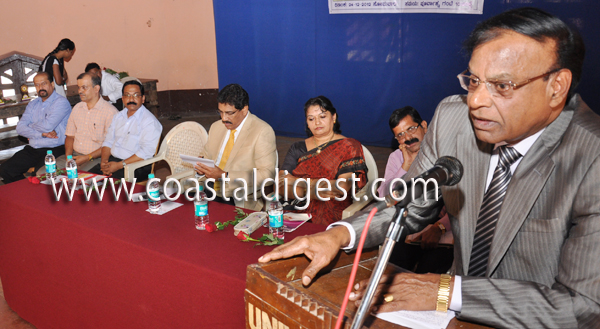
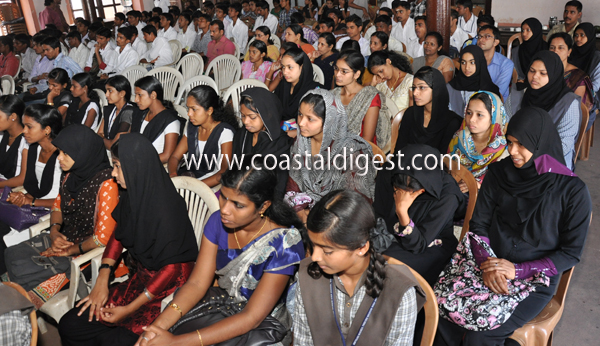
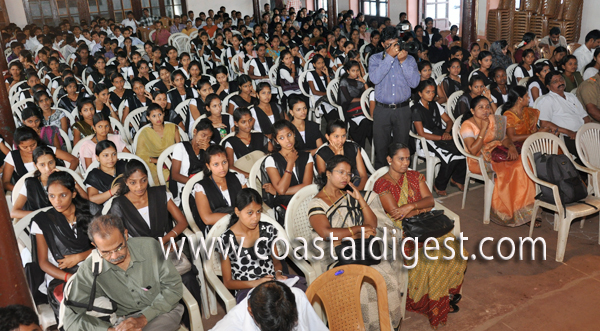
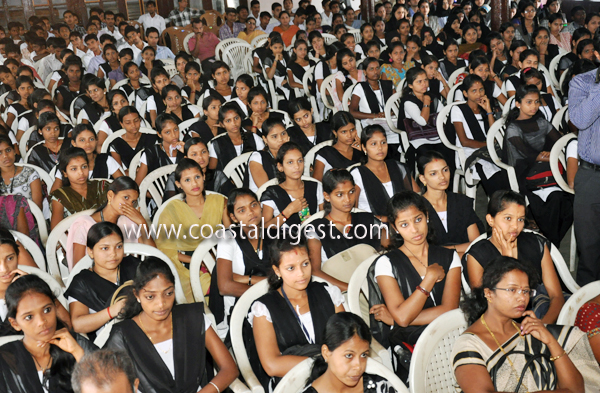






Comments
Add new comment